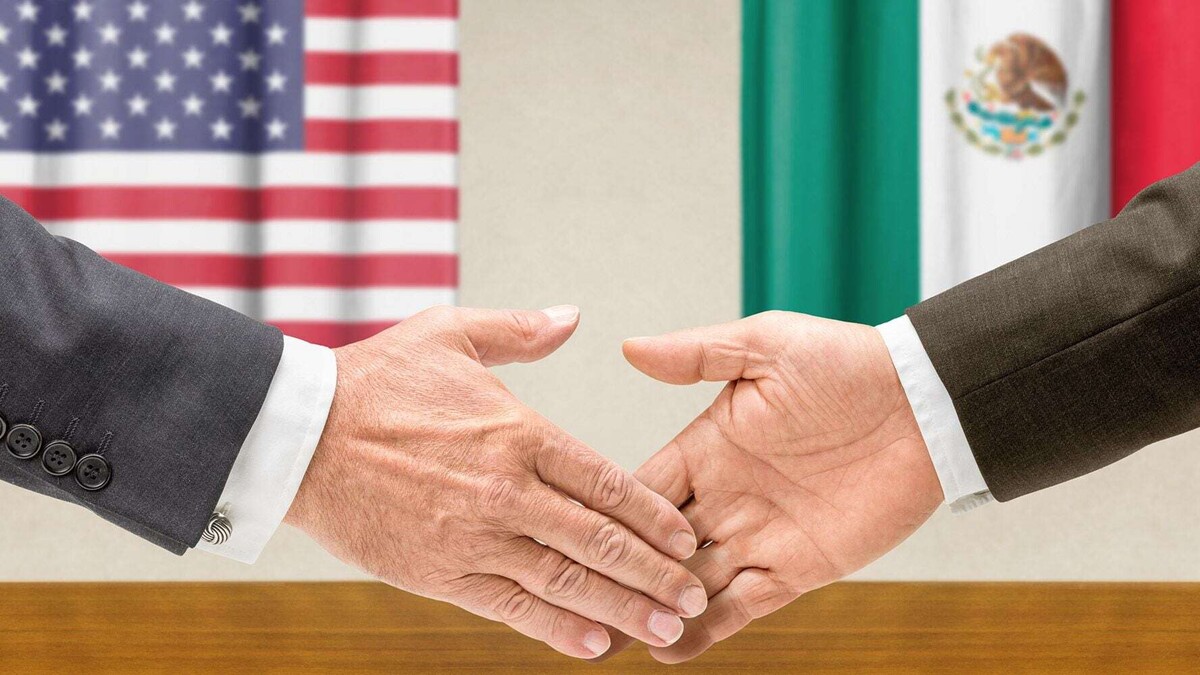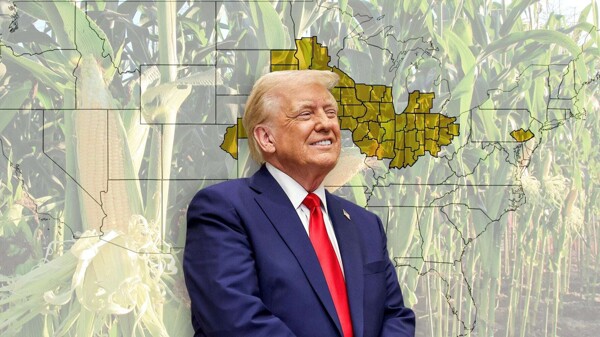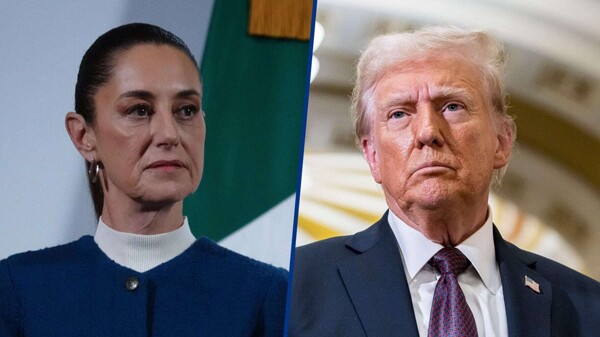
The White House spokesperson warned that, according to the agreement with the president, the imposition of tariffs on Mexico was still scheduled for February 1 as a pressure mechanism to combat migration and fentanyl trafficking. Howard Lutnick supported this stance, urging to close the borders and stop fentanyl, thereby justifying the trade policy proposed by Donald Trump.
The results of the studies ordered by Trump upon his return to the presidency are expected to be announced in April, which will influence whether the tariffs are applied or not. One of the concerns is the increase in imports from China, for which measures such as the Mexico Plan are proposed to reduce dependence on Chinese inputs.
The next Secretary of Commerce will design a trade policy that aims to differentiate tariffs by country based on tariff asymmetry. Although Mexico benefits from certain trade advantages thanks to the USMCA, the possibility of tariffs generates uncertainty. According to analysts, China could be using Mexico as a bridge to evade U.S. tariffs.
Mexico seeks to avoid tariffs with two main arguments. Despite the cooperation shown, the U.S. administration has maintained its stance on the imposition of tariffs starting February 1. Despite the uncertainty generated by these announcements, Mexico's historical cooperation on border security issues is emphasized.














